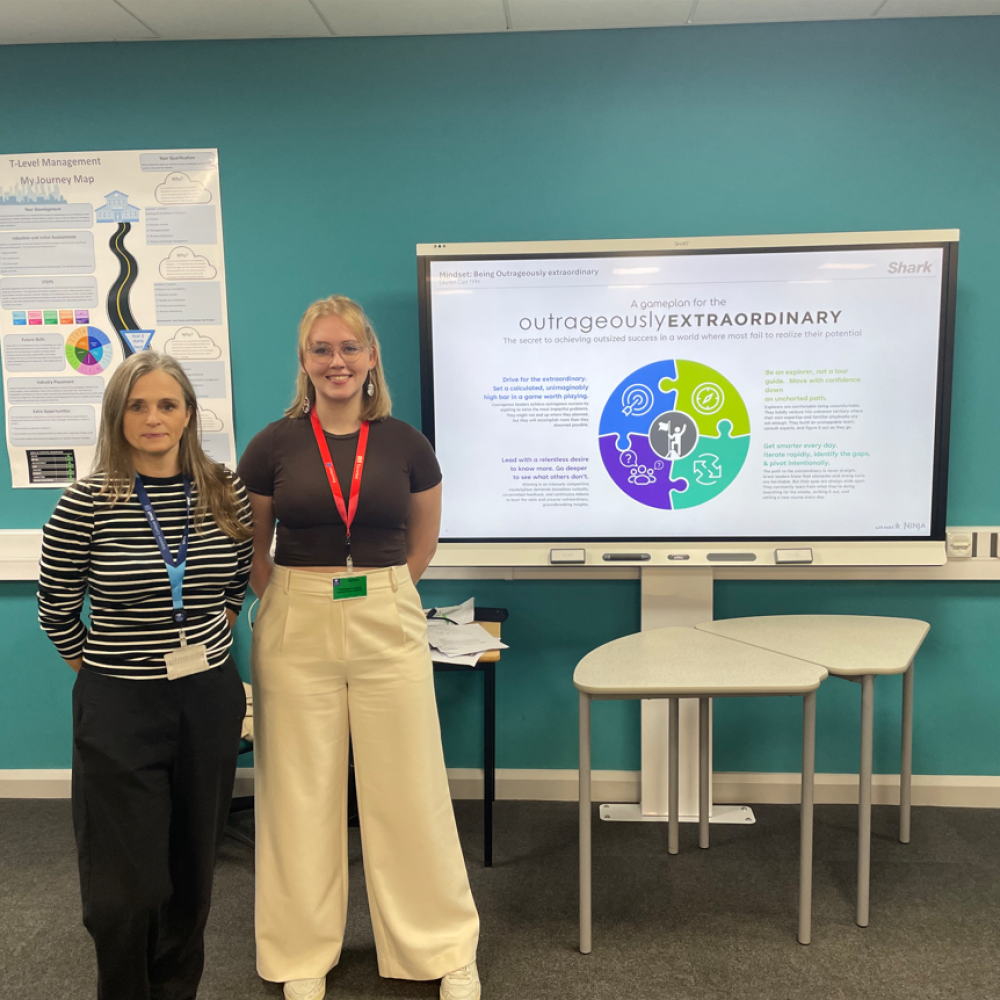
Five Ways To Spot Fake News

Fake news is a term used to describe any news item that presents false information as facts in an attempt to make you believe a certain thing or react in a certain way. It is most often associated with politics, after coming to prominence during the 2016 American election.
Sometimes legitimate news outlets can get things wrong, but the difference between this and fake news is that fake news deliberately tries to mislead or provoke a reaction in the reader. If you’re a social media user, chances are you’ve read a fake news story without even knowing it. Here are some ways you can spot whether a news story is fake…
Check the website
Not all news sites are legitimate, and if you don’t recognise the website or haven’t heard of the publication before, then you should give the article extra scrutiny. Check the URL to make sure that you are reading from a trusted site, as some fake news sites use similar (but not identical) URLs to mainstream news organisations.
If the news is on social media in the form of a Facebook post or tweet which doesn't have evidence to back itself up, treat it with extra caution. In one month in 2018, over 45,000 Facebook posts were identified as fake news, spread by automated accounts to cause confusion and propaganda. Even if the Facebook post contains a video or an image, it is fairly simple to misrepresent the situation or even doctor the image to suit the post's political purpose. Always check out where the post comes from. It is usually easy to determine whether the news is reliable or not by looking at other posts from the account. If one of your friends shares news that you think is fake, point it out!
Is there a sensational headline?
Many fake news sites earn money by getting you to click on headlines, others know that most people who see the article on social media will only read the headline, and use a sensational headline to prompt the reader to share the article to a wider audience. If the article has an outrageous title, or a wild claim that makes you want to click to read more, look beyond the first few lines and try to find the evidence behind the claim. Remember, if it an outrageous claim that seems too outlandish to be true - it probably isn't.
Is it editorial?
Editorial is a type of news commentary that many legitimate news sources publish, but the key is to remember that it is a person’s opinion and might not take into account evidence which conflicts with their views. Similarly, if the article you’re reading is written like a news report but has opinions in it which aren’t quotes, then the article is probably biased. All respected news sources present news in an unbiased form and allow the reader to make up their own minds on an issue.
Examine the content
Many news organisations, real or fake, attempt to be the first to ‘break’ a news story in order to remain relevant in a highly-competitive market. If the article you’re reading seems rushed, has spelling mistakes, has an incorrect date, or anonymous sources, bear in mind that this news article might not have had time for all of the facts to be checked. Poor spelling, grammar and vocabulary on older articles may indicate that the item you are reading comes from an unreliable news outlet.
Where does the news come from?
Most news articles will have a ‘source’ for their information. Sometimes this source is named but other times the source is anonymous. Naming a source is a good indication that the news is real, as the person is willing to go on record and put their reputation at stake to break the news; however bear in mind that fake news sites often lie about their sources. To find out whether an article is properly sourced, check the named source’s social media for similar commentary and look to see if other news outlets are reporting on the same comments.
There are many legitimate reasons why sources choose to remain anonymous, so you don’t have to immediately discredit sources without a name - but bear in mind that without more information the source could be anyone.









